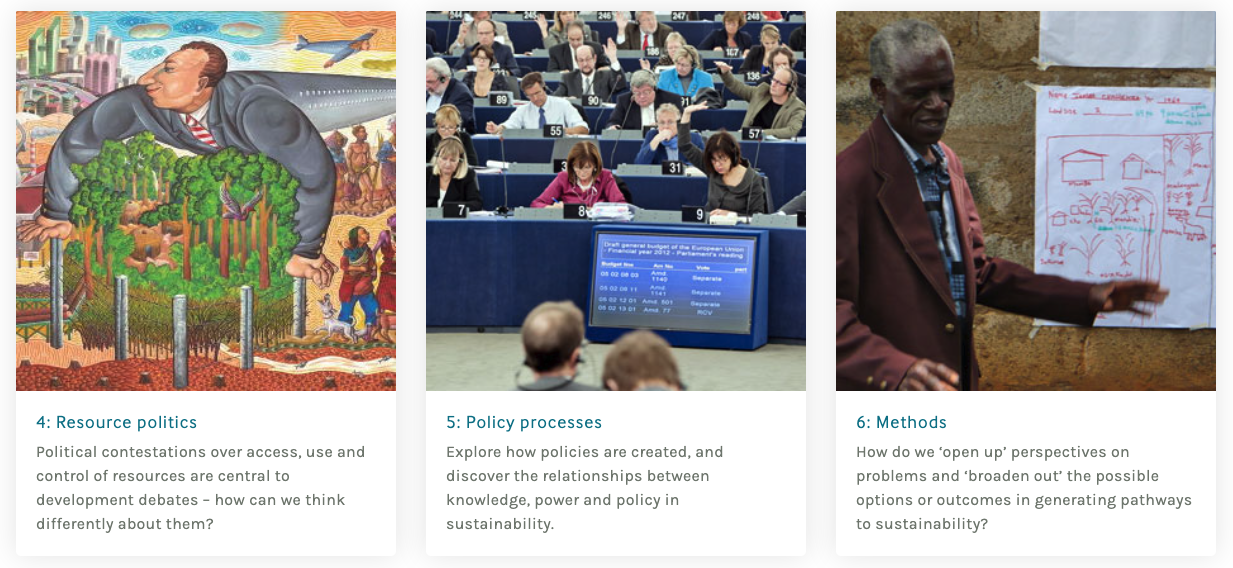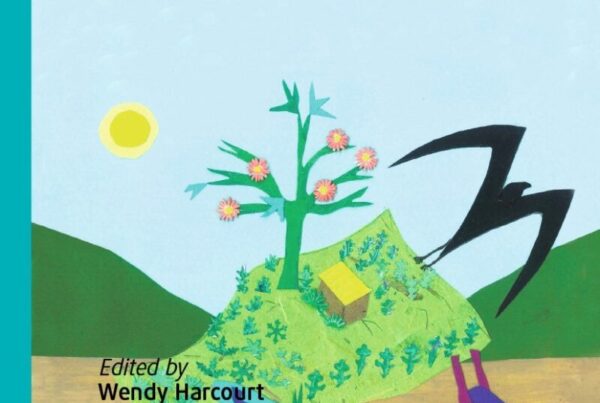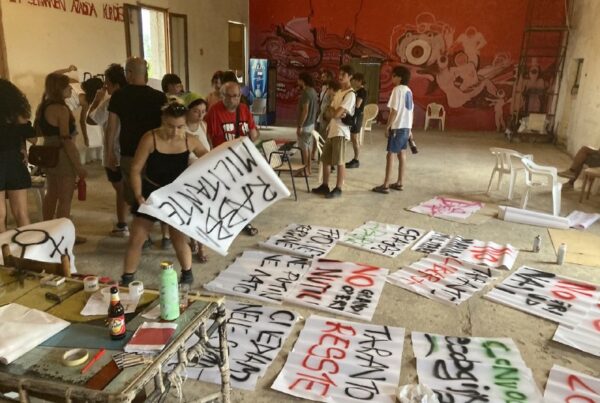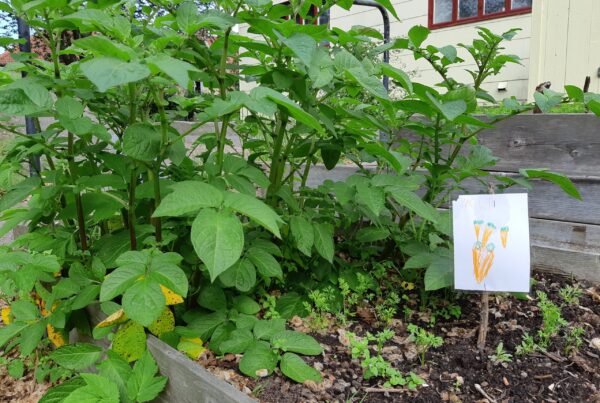Pathways to Sustainability: STEPS launches free online course with new lectures.
The ESRC STEPS Centre has made its free online course on Pathways to Sustainability available with new video lectures and reading lists.
The course introduces a set of ideas, approaches, cases and methods for critical research and action on sustainability, building on the STEPS Centre’s work. Over six sessions, the course explores how diverse pathways to sustainability can be explored and supported, considering the role of knowledge and uncertainty, policy processes, technology and innovation, resource politics, and methodologies for research and action.
There is no fee or time-limit for individuals who wish to take the course. Lecturers are also encouraged to use it as an aid to teaching. All the videos and most reading suggestions are Open Access.
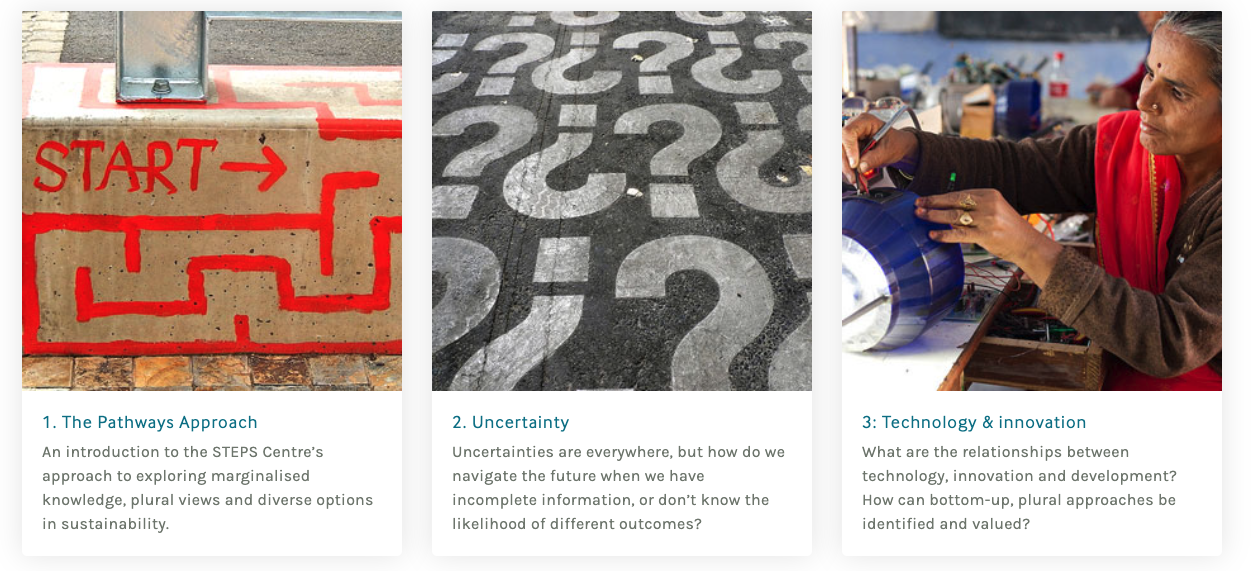
About the course
Sustainability is sometimes seen as a challenge to be overcome through the right technology, or by policies that follow ‘the science’. But this overlooks the role of power, diverse viewpoints and sources of knowledge, struggles over resources, and conflicts over possible choices and futures. This course draws from the STEPS Centre’s work to show how these insights matter for sustainability in theory and practice.
The course includes lectures by Ian Scoones and Amber Huff (IDS) and Andy Stirling, Adrian Ely and Adrian Smith (SPRU, University of Sussex). Each of the six parts includes a recorded video lecture, plus recommended readings and guiding questions for discussion or reflection.
The course materials draw from the successful Summer School on Pathways to Sustainability run over several years by the STEPS Centre in Sussex.
To take the course, visit the STEPS Centre website.
—
This post is published originally at: https://steps-centre.org/online-course-pathways-to-sustainability/


